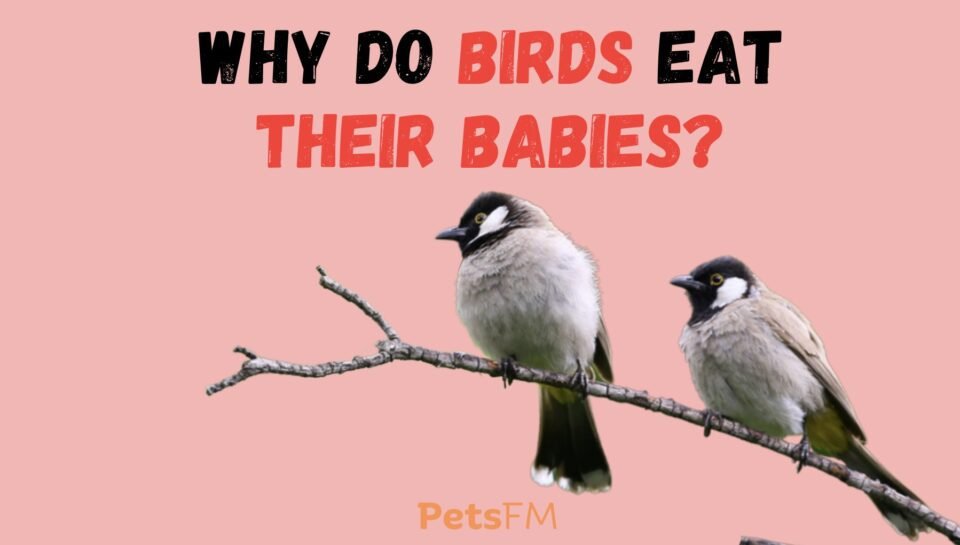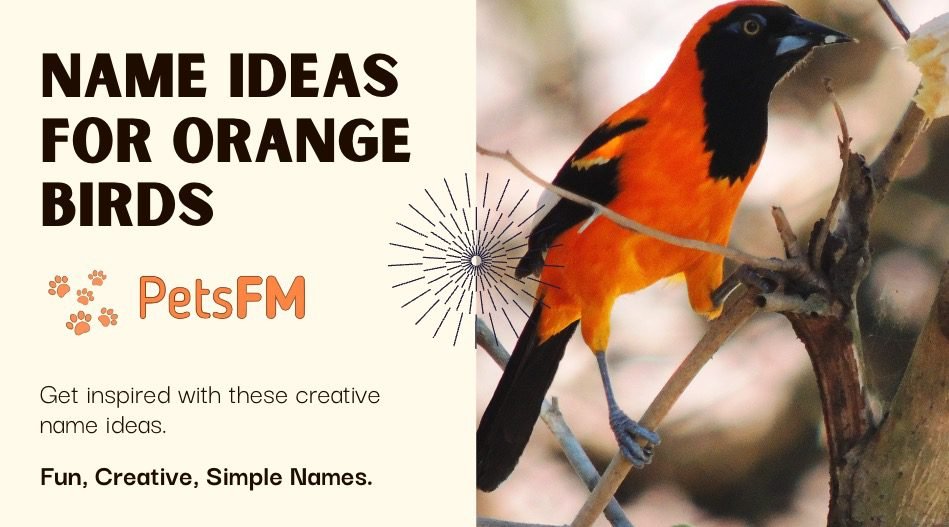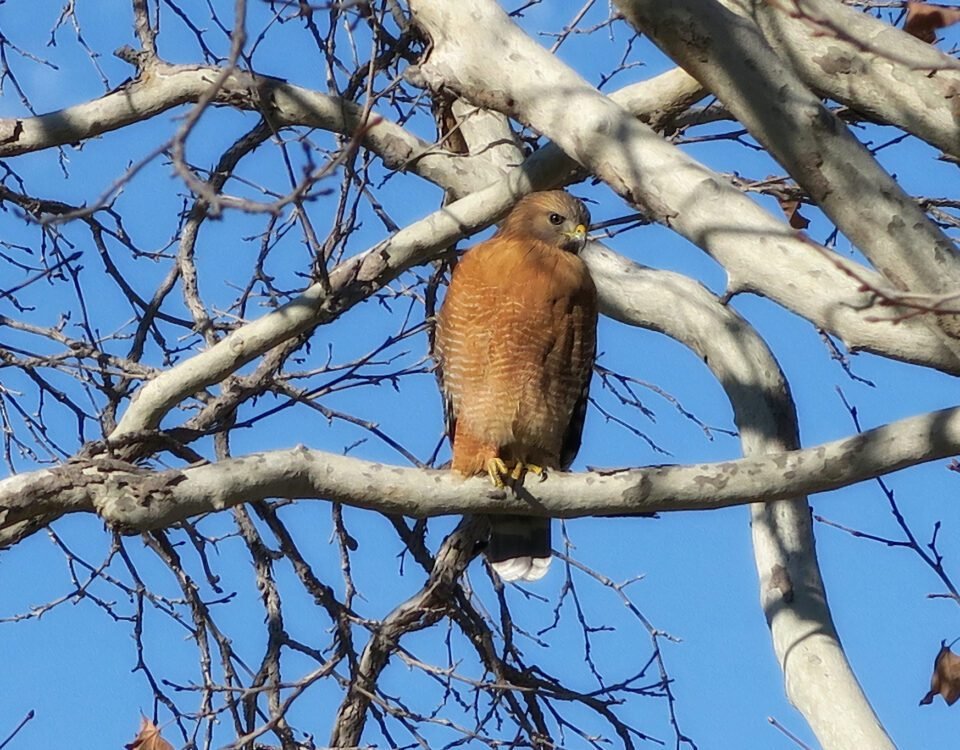


Why Does My Parrot Lunge At Me? Specific Parrot Species Guide
September 14, 2023![Why Do Some Birds Have Red Eyes? [EXPLAINED]](https://petsfm.com/wp-content/uploads/2023/09/Why-Do-Some-Birds-Have-Red-Eyes-150x150.jpg)
![Why Do Some Birds Have Red Eyes? [EXPLAINED]](https://petsfm.com/wp-content/uploads/2023/09/Why-Do-Some-Birds-Have-Red-Eyes-150x150.jpg)
![Why Do Some Birds Have Red Eyes? [EXPLAINED]](https://petsfm.com/wp-content/uploads/2023/09/Why-Do-Some-Birds-Have-Red-Eyes-150x150.jpg)
Why Do Some Birds Have Red Eyes? [EXPLAINED]
September 15, 2023As a bird admirer, you might marvel at the beauty of your feathered friends. But have you ever wondered about their darker side that will leave you questioning your love for them?
One such behavior is the disturbing yet intriguing fact that birds sometimes consume their offspring. So, why do birds eat their babies? To understand these creatures better, let’s dive into this peculiar aspect of avian life.
Understanding Avian Infanticide
Some bird species engage in infanticide, where adults kill and eat their offspring. While it may seem shocking and disturbing, it is a relatively common phenomenon in the avian world.
The act of eating their own young is not exclusive to birds and can be observed in other animal species as well. However, it is essential to note that all bird species do not exhibit avian infanticide. It is more commonly observed in species where resources are limited, competition is high, or males have a high level of parental investment.
Understanding the reasons behind avian infanticide can provide valuable insights into birds’ complex behaviors and strategies.


Exploring the Reasons Behind Birds Eating Their Young
Birds are generally known for nurturing behavior towards their offspring. However, there are instances where birds exhibit behavior that may seem distressing to some. This behavior, known as filial cannibalism, occurs in various bird species for various reasons. Let’s explore some of them.
Survival of Other Offspring
One of the primary reasons birds engage in filial cannibalism is to ensure the survival of their other offspring. Birds that practice brood reduction may selectively eliminate some of their offspring to ensure the survival of the remaining ones.
By consuming some of their young, the parents can redirect their energy and resources towards the stronger and more viable offspring, increasing their chances of survival.
Predator-Nest Interaction
Another reason for filial cannibalism in birds is to prevent predators from detecting and attacking the nest. By consuming their young, the parents remove any potential attractants that could draw attention to the nest, thus reducing predation risk.
This behavior is widespread in ground-nesting bird species, with higher predation risk.
Editor’s Pick: Why Does My Parrot Lunge At Me? Specific Parrot Species Guide
Food Scarcity
Filial cannibalism is driven by competition for resources within the nest. When food is scarce, the parents may resort to consuming their own young to survive.
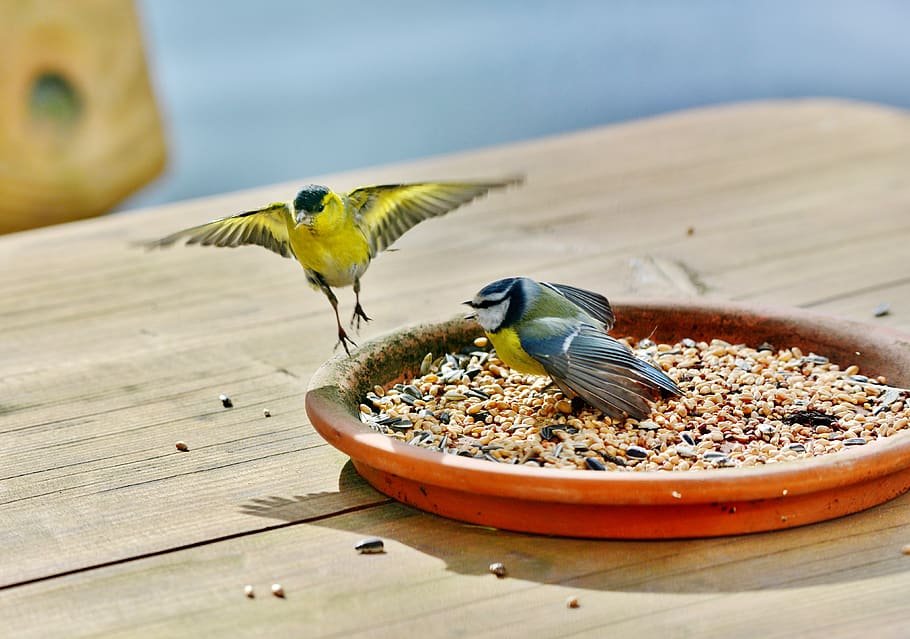

Food Scarcity Birds
By reducing the number of offspring, the parents can ensure that the remaining chicks receive adequate food and have a better chance of reaching maturity.
This behavior may seem harsh, but it results from the instinctual drive to prioritize the survival of the parent over the survival of individual offspring.
Eliminating Sick Offspring
Another reason for filial cannibalism is related to the health and genetic quality of the offspring. One crucial factor that birds consider is the physical condition of the chicks. They closely observe the chicks’ appearance, behavior, and overall development.
If they perceive that a particular chick is weak or unlikely to survive, they may choose to eliminate it.
This behavior ensures that the limited resources available are allocated to the offspring with the highest chance of survival, increasing the overall reproductive success of the parents.
Elevated Stress Levels
High-stress levels, such as disturbances in the nesting area or the presence of predators, can lead to increased aggression and cannibalistic behavior.
Environmental disturbances can also be a significant stressor that triggers aggression in birds. Natural disasters such as storms, floods, or wildfires can disrupt the birds’ habitats and food sources, causing them to experience high-stress levels.
In these situations, birds may exhibit aggressive behaviors, including cannibalism, as they struggle to adapt to the sudden changes in their environment and find resources to survive.
These stressors may disrupt the normal parental instincts and cause birds to act in seemingly counterintuitive ways.
Cute Read: Why Are Birds So Cute? 10 Reasons Why Birds Are Cutest
Infanticide for Nest Hygiene
It is also worth noting that filial cannibalism is not always a negative behavior. In some bird species, it has been observed that parents may eat dead or dying offspring to prevent the spread of diseases or parasites within the nest.


Bird Nest
One example is the European starling. These birds often build their nests in cavities, and the nestlings produce significant waste. By consuming some of their young, the adult starlings help keep the nest clean and reduce the risk of disease or parasites.
How Common is Infanticide in Bird Species
Researchers have documented cases of infanticide in numerous bird species across different habitats and geographic regions. It is important to note that infanticide is not the norm in all bird species.
While it may be relatively common in some groups, such as certain waterbirds and raptors, it is rare or absent in others, such as songbirds. The occurrence of infanticide varies depending on factors such as species-specific behaviors, ecological conditions, and social dynamics within bird populations.
Interesting Read: Why Do Birds Circle In The Air? (ANSWERED!)
The Prevalence of Infanticide in Bird Species
While it may seem unsettling to us as humans, it is significant to understand that infanticide in birds serves specific evolutionary purposes. Research has shown that infanticide can occur in both monogamous and polygynous bird species, although the reasons behind this behavior may differ.
In monogamous bird species, infanticide can be driven by the desire to ensure the survival of the fittest offspring. By eliminating weaker or less genetically fit offspring, parents can focus on raising a smaller number of more vigorous offspring.
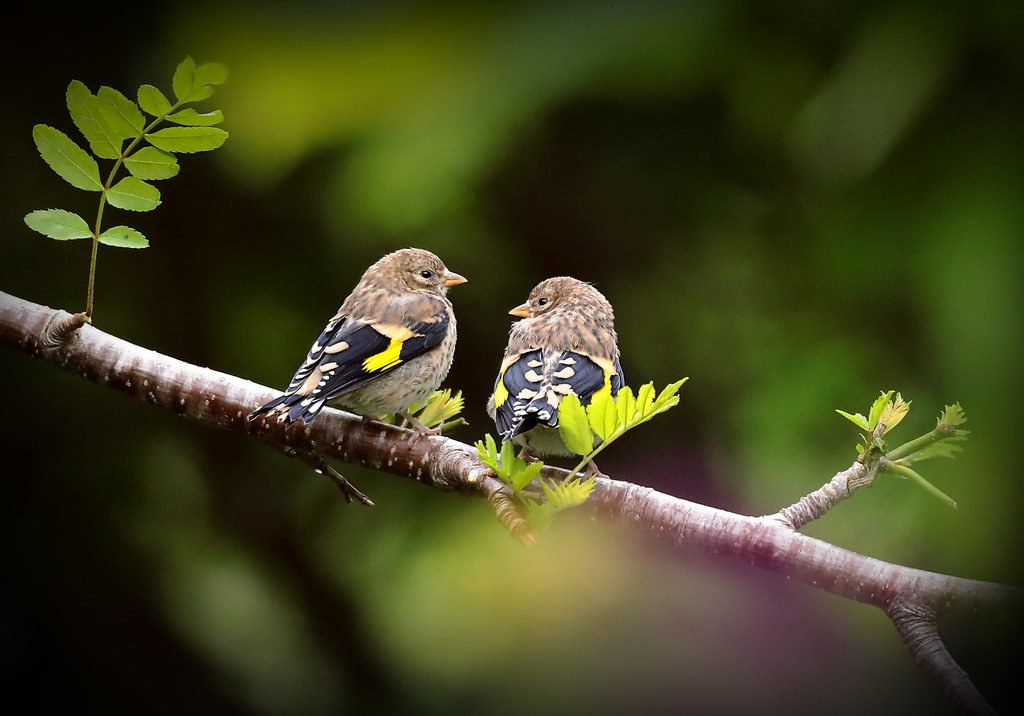

Therefore increasing their chances of survival and passing on their genes to the next generation. This behavior is often observed in birds that face limited resources or high levels of predation.
Infanticide can serve a different purpose in polygynous bird species, where males mate with multiple females. In some cases, males may kill the offspring of a female they have taken over from a rival male. By eliminating the existing offspring, the male can then father his own offspring with the female, ensuring that his genes are passed on instead of those of his rival.
This behavior is often observed in species where males compete fiercely for access to females and the opportunity to reproduce.
Bird Species Engaging in Infanticidal Behavior
Several bird species are known to engage in this behavior, often driven by specific circumstances or evolutionary pressures.
House Sparrow
In some cases, male house sparrows may kill the chicks of their mates, particularly if they suspect the chicks are not their own.
This behavior is believed to be a strategy to ensure that their own genetic material is passed on to future generations.
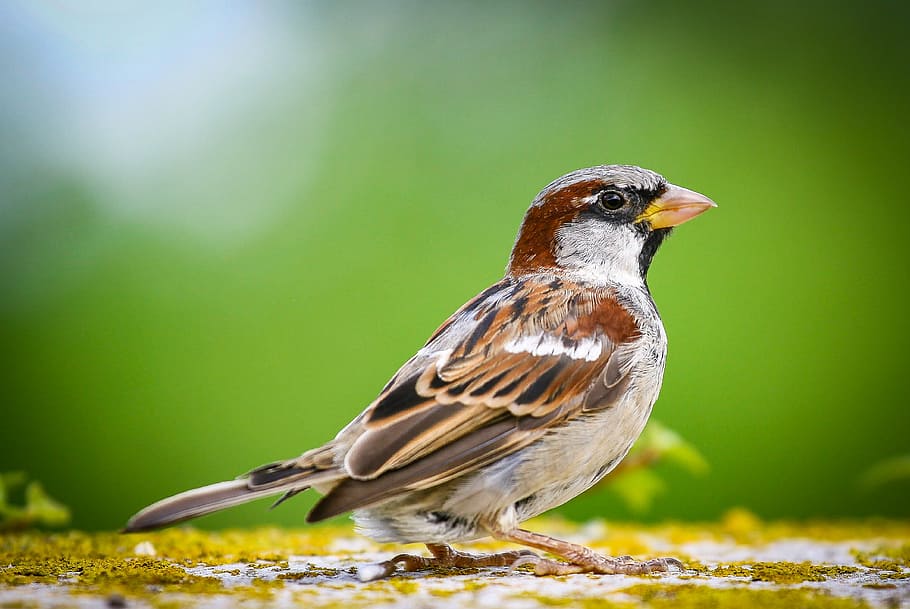

House Sparrow
Adélie Penguin
Some bird species, such as the Adélie penguin, may engage in filial cannibalism, where parents eat their own chicks for nutritional purposes.
This behavior is believed to be a survival strategy, as it allows the adult penguins to conserve resources for their own survival and future breeding attempts.


European Kestrel
Certain bird species, like the European kestrel, may eat their own young if they perceive a threat to their survival. In some cases, male kestrels may kill the chicks of their mates from previous breeding attempts.
This behavior is thought to be driven by a desire to ensure their genetic success by eliminating potential competitors for resources and parental care.


European Kestrel
Black-Tailed Gull
In times of food scarcity, adult black-tailed gulls may kill and consume the chicks of their species. This behavior is believed to be a result of competition for limited resources, as the survival of the adults is prioritized over the survival of their offspring.
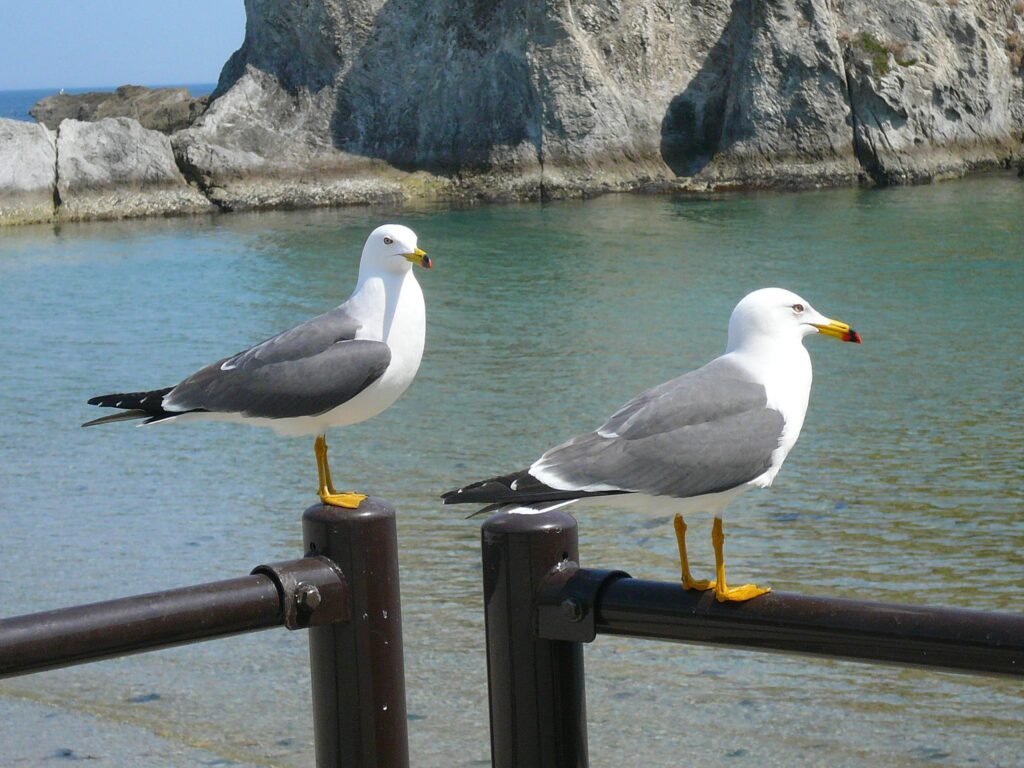

Black-Tailed Gull
Great Crested Grebes
These birds are known to engage in ‘nest takeovers.’ A male grebe may forcibly take over the nest of another pair and kill any existing chicks.
This behavior is believed to be a way for the male to ensure that his offspring have access to the resources the nest provides.


Great Crested Grebes
Impact of Infanticide on Birds and Ecosystem
By killing their own young, birds are essentially reducing the overall reproductive success of their species. This can lead to declining population numbers over time if infanticide occurs frequently and is not balanced by successful reproduction elsewhere in the population.
Furthermore, infanticide can disrupt the social structure and dynamics within bird populations. One example is the disruption of breeding pairs. In some bird species, when a male takes over a territory, he may kill the previous male’s offspring to bring the female back into breeding condition.
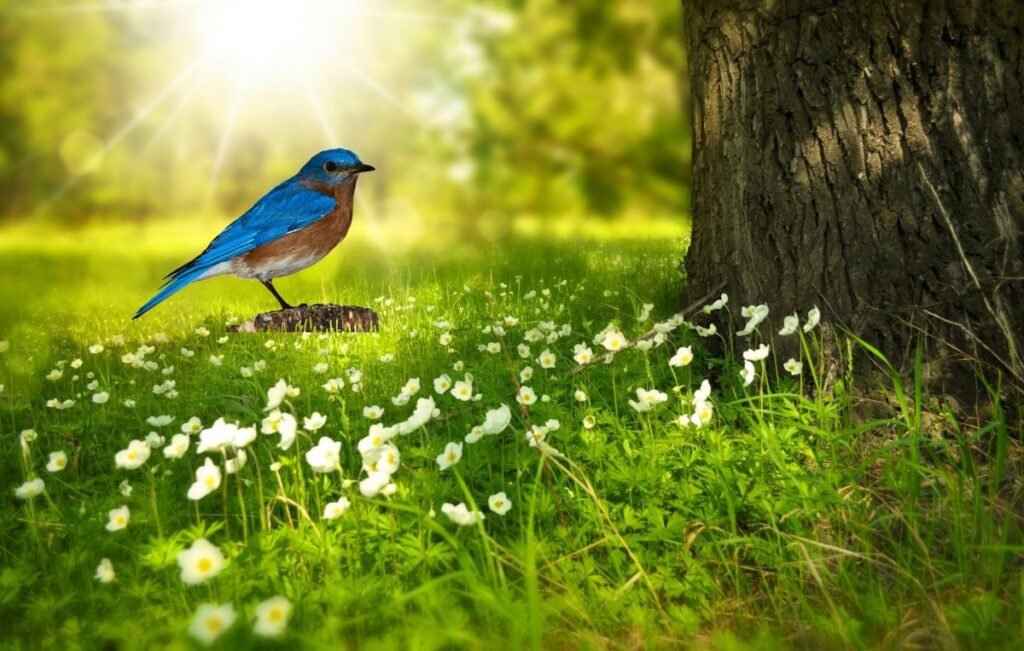

Impact of Infanticide on Birds and Ecosystem
This act of infanticide can lead to the breakdown of established pairs and result in increased competition for mates.
Many bird species rely on cooperative breeding, where individuals other than the parents help raise the young. By killing their offspring, birds may disrupt these cooperative breeding systems and cause social instability.
Regarding ecosystems, infanticide can also impact the balance of predator-prey relationships. Infanticide can disrupt the natural balance between predator and prey if it becomes too familiar.
For example, if a predator bird species starts killing the offspring of another bird species, it can lead to a decline in the prey species and potentially disrupt the entire food web.
Some bird species engage in infanticide to reduce resource competition or gain a reproductive advantage.
Read Next: Why Does My Parrot Lunge At Me? Specific Parrot Species Guide
Conclusion
The phenomenon of birds eating their young might initially seem disturbing, but it uncovers a strategic survivalist instinct upon closer inspection. As bird enthusiasts, it’s fascinating to explore these behaviors and understand the intricacies that influence the lives of our tiny friends. The more we learn, the more we appreciate the fascinating world of birds and their dynamic roles in our ecosystem.
